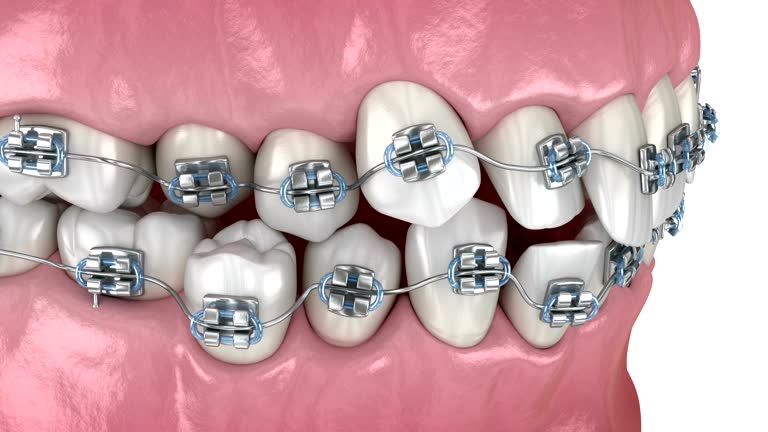Prescribed for conditions such as ADHD and narcolepsy, Adderall has become a highly sought-after medication due to its ability to improve focus, concentration, and energy levels. However, like any other prescription drug, it comes with potential side effects and risks. As a result, many individuals are on the quest for Adderall alternatives that can provide similar benefits without the drawbacks.
One of the main concerns with Adderall is its classification as a controlled substance due to its potential for abuse and addiction. This has led individuals to explore natural supplements as alternatives. These supplements often contain ingredients like caffeine or herbal extracts that can enhance cognitive function without the risk of dependency.
Another popular alternative is cognitive behavioral therapy (CBT), which focuses on changing patterns of behavior and thought processes in order to better manage symptoms of ADHD. Studies have shown that CBT can be just as effective as medication in treating ADHD symptoms in adults.
Mindfulness practices have also gained attention as an alternative method for improving focus and attention. Mindfulness involves being fully present in the moment through techniques such as meditation or deep breathing exercises. Research has shown that regular mindfulness practice can significantly improve cognitive function.
Exercise is another natural option for boosting brain power and helping manage ADHD symptoms. Physical activity releases endorphins which promote feelings of well-being and reduce stress levels, both of which can positively impact focus and concentration.
Dietary changes have also been touted as a way to naturally improve ADHD symptoms. It’s believed that certain foods high in omega-3 fatty acids, like fish or flaxseed oil, may help with focus and attention issues by reducing inflammation in the brain.
Some individuals have turned their attention towards nootropics – substances marketed with claims to enhance memory, focus, creativity or cognitive function -as an alternative option. While there is still limited research on their effectiveness compared to traditional medications like Adderall, some users report positive results.
It’s important to note that while natural alternatives may provide similar benefits as Adderall, they do not offer an instantaneous fix. They often require consistent use and lifestyle modifications in order to see improvements in cognitive function. Additionally, it’s important to consult with a healthcare professional before trying any new supplements or making significant changes to your diet or exercise routine.
In conclusion, the quest for ideal alternatives to Adderall has led individuals down various paths – from supplements and therapies to lifestyle changes and nootropics. While there is no one-size-fits-all solution, it’s worth exploring these options as they may provide a safer and more sustainable approach for managing symptoms of ADHD. As always, consulting with a medical professional is crucial in finding the best treatment plan for individual needs. With proper guidance and experimentation, individuals can find relief from their symptoms without relying on prescription medications like Adderall.




